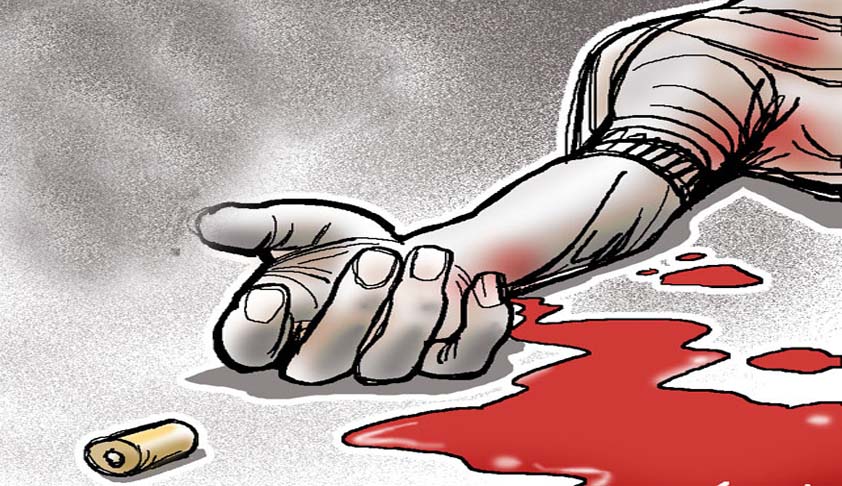Strict Stand against Encounters: Machil Fake Encounter an example of Swift Court Martial
LIVELAW NEWS NETWORK
24 Nov 2014 3:17 PM IST

Next Story
24 Nov 2014 3:17 PM IST
Earlier this year, 17 Uttarakhand police officers were awarded life imprisonment in the fake encounter of Ranbir Singh, 22 year old MBA graduate in a jungle near Dehradun, in 2009. Read the Live Law story here.Also this year, the Supreme Court of India, issued 16 Guidelines to be followed in the matters of investigating police encounters in the cases of death as the standard procedure...
